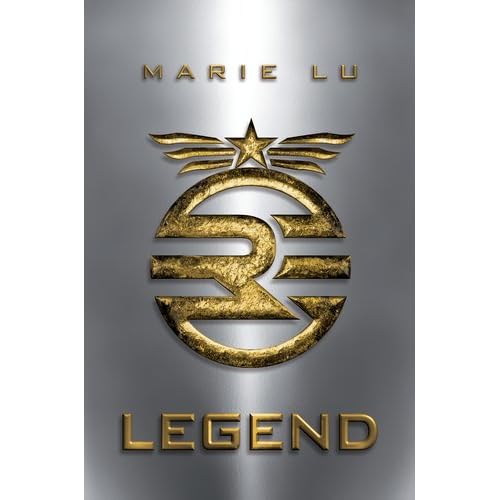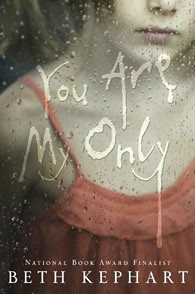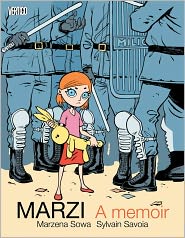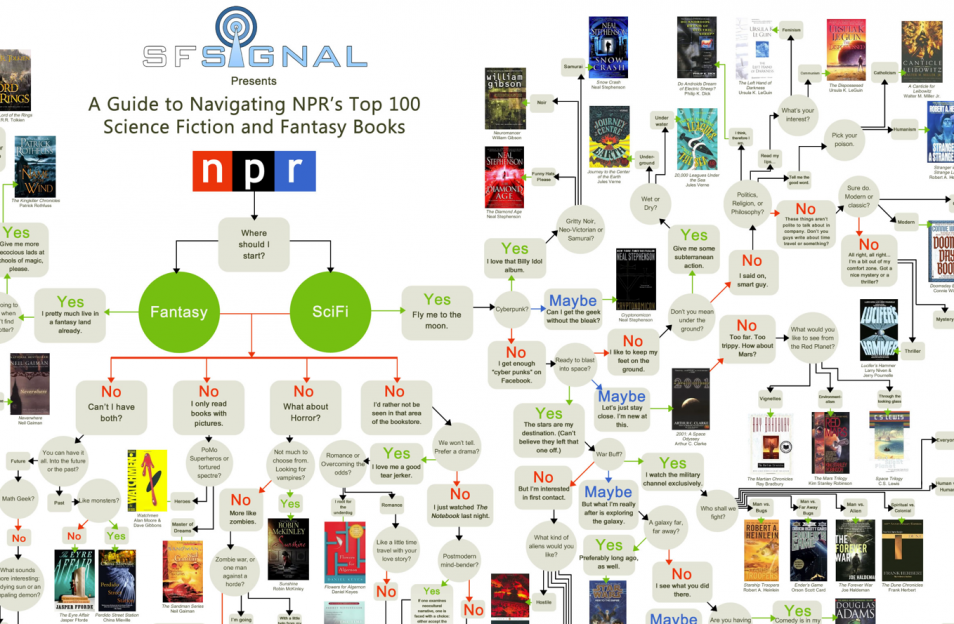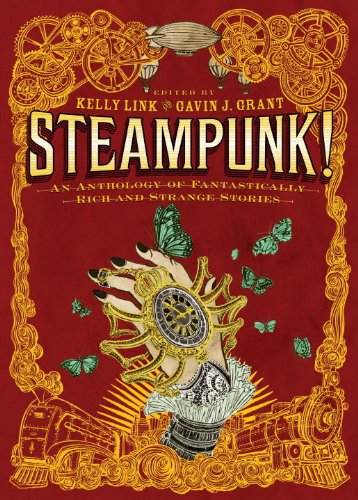
That time of year is upon us, when Boston devotes itself to a day celebrating books. You might remember that
Arianna,
Jamie and
I went last year and saw some pretty decent panels. There was a larger group of us that met up at random points during the day, Arianna and I went to all the same panels. I am hoping that Alana will post something about Mo Willems as she said he was amazing. Ari, will post about our first panel we went to and I'm going to chat about the
young adult panel and the
graphic novel panel we went to.
YA Fiction: On the EdgeI would first like to state that my main motivator for going to the young adult panel, as I hadn't heard of any of the panelists, was the fact that Amy Pattee was hosting it. Amy was my professor of two of my courses while in library school. I love her. Not quite a creepy love, but bordering. Anyway, the topic of the panel was what made young adult fiction edgy which I think they meant as potentially controversial.
Ellen Levine spoke first, poor lady was sick with laryngitis and had a croaky voice. Her new book
In Trouble is a companion to
Catch a Tiger by the Toe, it deals with family and friends and is pre-Roe v. Wade in which the character of Jamie has an abortion. It has been labelled a 'political' book, and she had to shop it around to more than a dozen publisher before someone took a chance on it. She realized that she had stumbled upon self-imposed censorship in publication. In media right now it doesn't matter if a girl is raped, brutalized, or it's consensual the fetus
must be seen carried to term. Currently one in three women will have an abortion, and yet this statistic isn't reflected in any medium - young adult or adult. She also talked about the label of being political and how that assumes that the writer has an agenda and labeling them as political silences the them. She feels that if a writer is truly passionate about writing then the plot is organic and what develops is absolutely necessary. She ended with a fantastic quote by Philip Pullman:
No one has the right to live without being shocked. No one has the right to spend their life without being offended. Nobody has to read this book. Nobody has to pick it up. Nobody has to open it. And if you open it and read it, you don’t have to like it. And if you read it and you dislike it, you don’t have to remain silent about it. You can write to me, you can complain about it, you can write to the publisher, you can write to the papers, you can write your own book. You can do all those things, but there your rights stop. No one has the right to stop me writing this book. No one has the right to stop it being published, or bought, or sold or read. That’s all I have to say on that subject.Daniel Nayeri is an editor at Houghton Mifflin, writer, extremely fast talker, and hilarious! He has a new book of four short stories called
Straw House, Wood House, Brick House, Blow! It developed out of his own childhood experience of moving here when he was eight and teaching himself to read. He feels that more reluctant readers would be enthusiastic about reading if they could find the right genre for them. His book samples from different genres: Western, science fiction, detective mystery, and romantic comedy. I think what was supposed to make this 'edgy' was the fact the book makes the assumption that boys aren't reluctant readers, they just haven't found the right book for them. I wish I could tell you more because he was so funny and riveting but he talked to freaking fast!
Danica Novgorodoff has just finished a graphic novel called Refresh, Refresh. It's about three seventeen year old boys from Portland. Their fathers are Marines currently serving in Iraq, the boys are forced to grow up too fast as they try to fill the shoes that their fathers left them. They want to please their fathers even after they've abandoned them. The graphic novel is based off of a screenplay which was developed off of short story by
Ben Percy. This looks like a powerful story, the artwork wasn't my favorite but it fits. She brought up an interesting point that it wasn't the violence of her book that made it edgy but rather the words. Crazy huh?
Amy then asked a couple of awesome questions, which all of the panelists responded to.
Where does edginess develop from?
They all agreed that it wasn't in the writing stage but rather marketing.
What issues make a book 'controversial'?
-Abortions
-Language
-Native Americans (If the book isn't written by a Native American)
-Violence (though I would argue that visual violence like in graphic novels makes it worse)
Generally experiences that we don't want young adults to have. We don't want children to have real experiences and we like to assume that they aren't behaving badly. It's hard to write about an issue that is controversial at the time, and the publishers because they're so close to the education of kids look for role-models not controversy. Thank God for bake sales.













